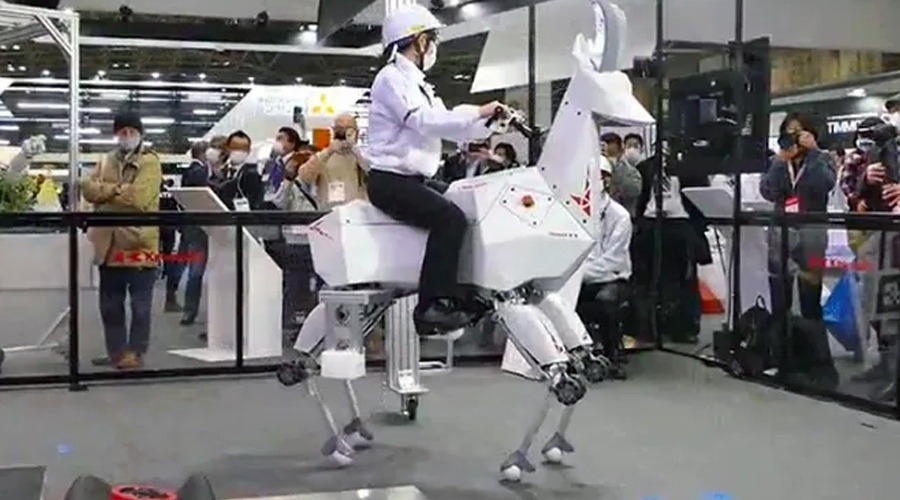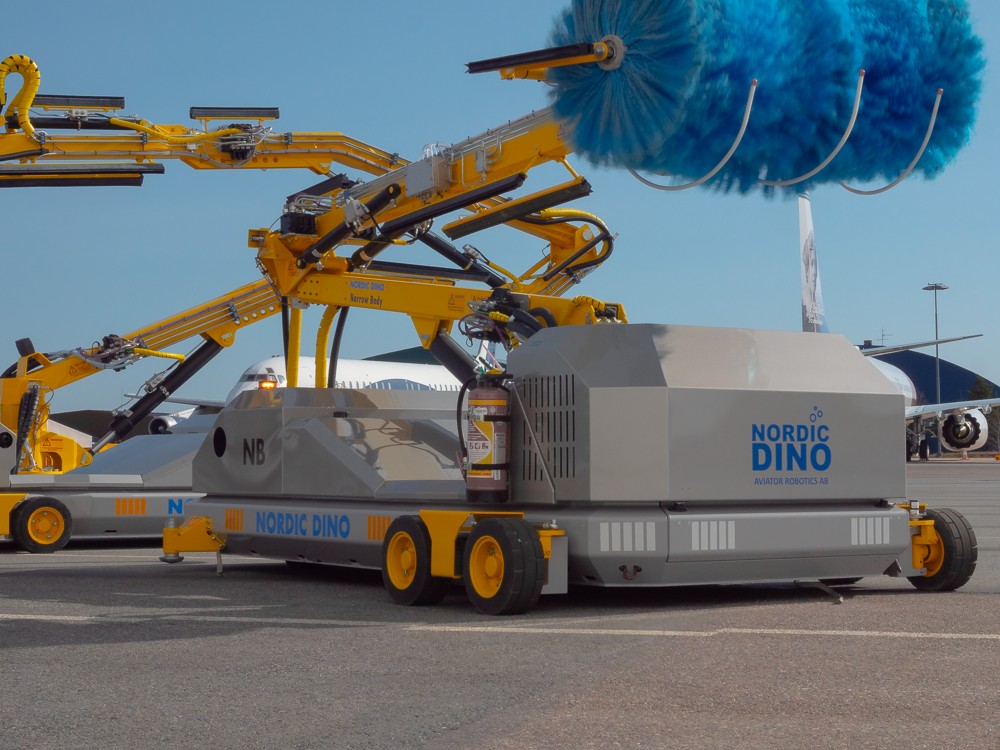In a strong affirmation of its commitment to sustainable aviation, Airbus Chief Executive Officer Guillaume Faury has reinforced the aircraft manufacturer's pledge to introduce a new climate neutral, zero-emission commercial aircraft into service by 2035. This bold statement was made during the company's annual results call from its headquarters in Toulouse, France.
Airbus' unwavering pursuit of a zero-emission commercial aircraft has been a driving force behind its research and development efforts, as the aviation industry grapples with the urgent need to reduce its environmental impact. By setting a definitive timeline for the introduction of this revolutionary aircraft, Airbus is signaling its determination to lead the charge in developing sustainable air travel solutions.
The concept of a zero-emission commercial aircraft represents a paradigm shift in aviation technology, with the potential to significantly reduce the industry's carbon footprint and pave the way for a more environmentally conscious future. By harnessing cutting-edge propulsion systems, advanced materials, and innovative design principles, Airbus aims to create an aircraft that can operate without relying on traditional fossil fuels, thereby eliminating direct greenhouse gas emissions.
While the path to achieving this ambitious goal is undoubtedly challenging, Airbus has already made significant strides in exploring various zero-emission technologies, including electric propulsion, hydrogen fuel cells, and hybrid systems. The company's commitment to investing in research and development, combined with its extensive expertise in aircraft manufacturing, positions it as a frontrunner in the race to bring a climate-neutral commercial aircraft to market.
The introduction of a zero-emission commercial aircraft would not only benefit the environment but also have far-reaching implications for the aviation industry as a whole. Airlines and passengers alike would have access to a more sustainable mode of air travel, potentially reducing their carbon footprint and contributing to global efforts to mitigate climate change.
Moreover, the development of zero-emission aircraft technology could catalyze innovation and create new opportunities within the broader aerospace sector, fostering the growth of supporting industries and promoting the adoption of sustainable practices across the supply chain.
As the world's attention increasingly turns towards addressing the pressing challenges of climate change, Airbus' reaffirmation of its 2035 commitment sends a powerful message about the company's dedication to leading the way in sustainable aviation. By setting this ambitious target, Airbus is not only demonstrating its technological prowess but also its unwavering commitment to a greener, more sustainable future for air travel.


















